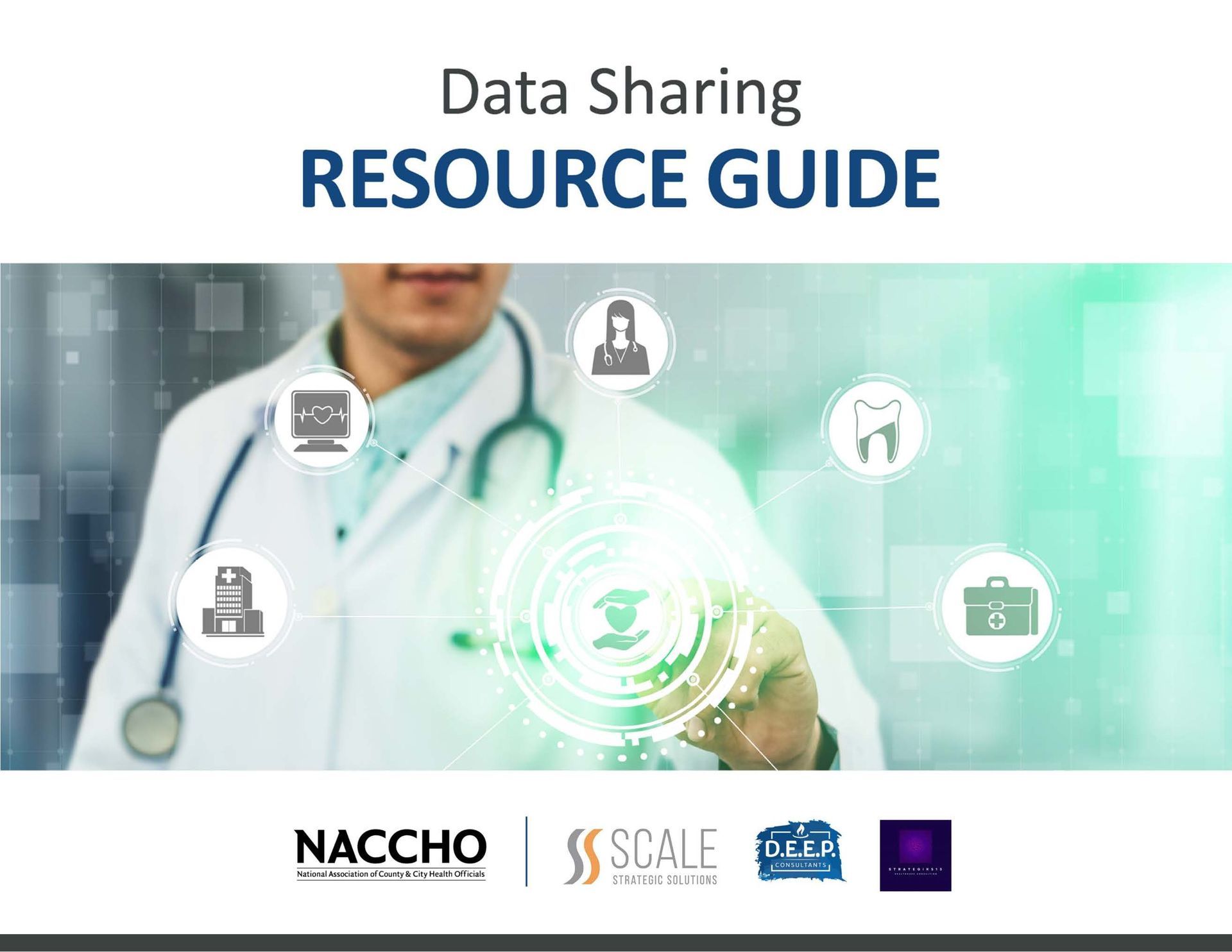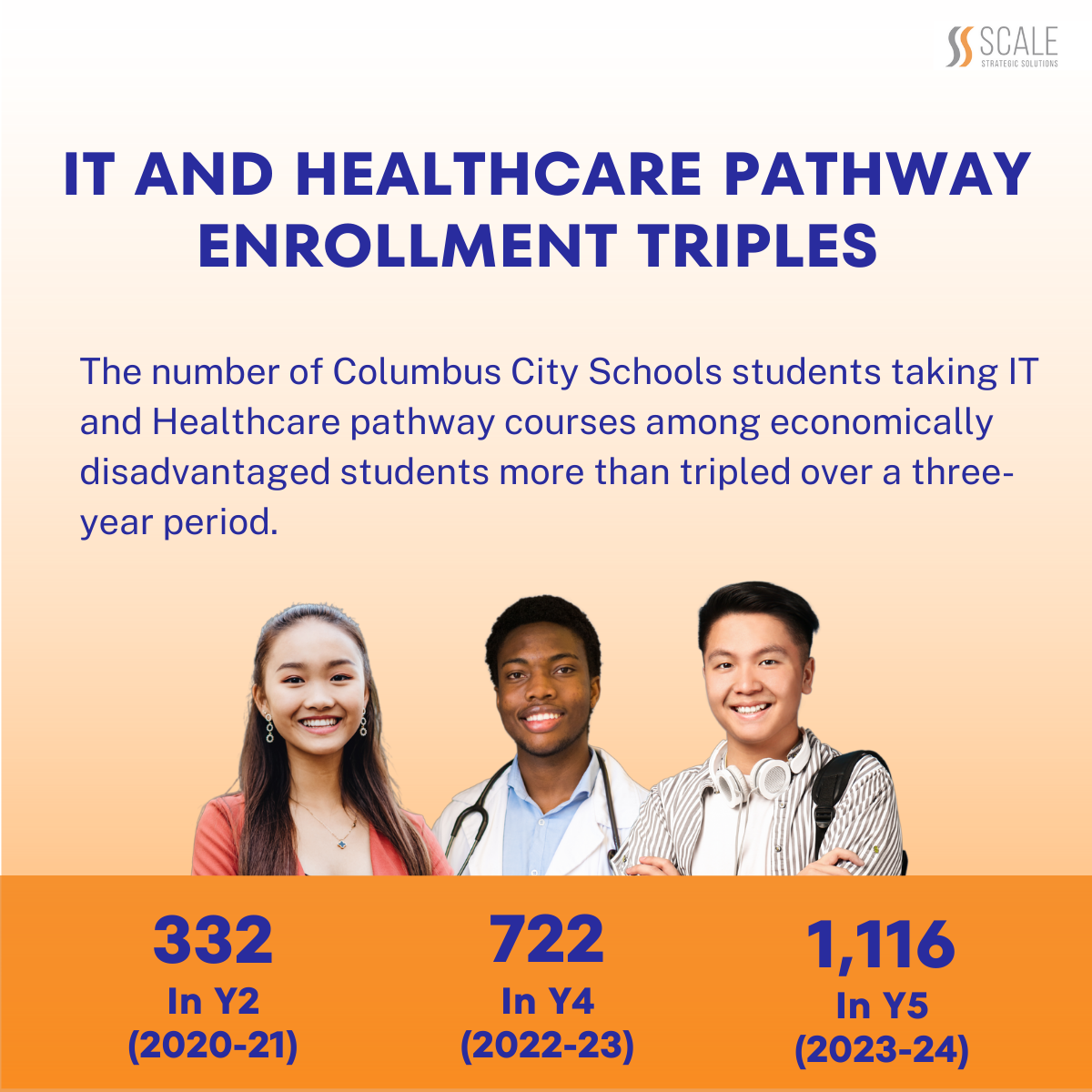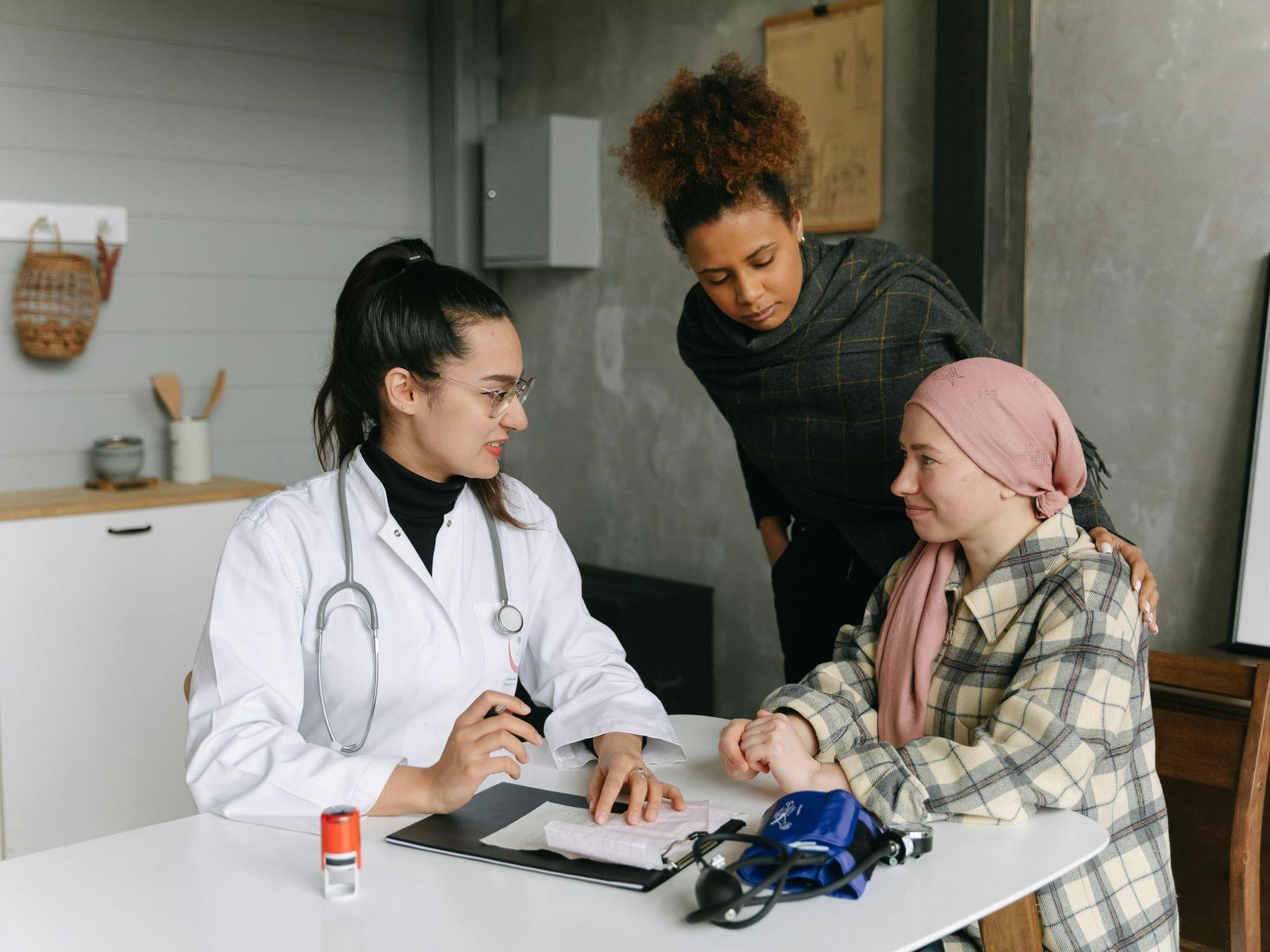Making Good Things Happen
A blog that informs our clients about real world topics related to what we do as Scale Strategic Solutions!
Roles in Democracy

As a citizen some may feel as though your voice and opinions don’t matter, but they do. When looking throughout history, American citizens are the epicenter of change in many policies and laws we have today. With the upcoming election in November fast approaching, below are reminders of how you can influence policies, laws, and opinions in your state.
- Be an informed voter: Research candidates at all levels. Visit their websites to see their platforms on a variety of issues, including issues of policing, criminal justice, education, housing, public health and employment. Consider non-partisan sources of information such as the League of Women Voters.
- Vote at all levels of government: All levels of government have an impact, and citizens should vote in all elections in their community to shape the world around them. Take the justice system for example. While the US Congress may pass federal laws and guidelines on sentencing and prison systems, locally decisions are made about crime and punishment from elected county sheriffs to mayors and council members who hire police chiefs and officers.
- Coalesce: Engage with organizations to produce a collective call to action on issues you care about.
- Advocate for specific policies: As individuals or with a collective organization, write your representatives, participate in town halls, and attend or watch online public meetings of elected councils, commissions, and boards when they address what matters to you.
- Follow the funds: Understand how different parts of the systems such as education, housing, and criminal justice are funded in your community and how fines and fees provide revenue in municipalities.
- Serve jury duty: We all have a role to play in holding the system accountable. While there may be jury duty to decide guilt or innocence in a specific case, there are also grand jurors. Grand juries decide who gets indicted and on what charges. In Hamilton County, Ohio, grand jurors also do routine walk throughs of the county jail to identify issues or concerns.
- Consider running for local offices: Learn more about the process and responsibilities for being an elected official. You can find some resources from City Council School, https://www.actiontankusa.org/steps or School Board School: https://www.schoolboardschool.org/

The end of the year invites us to pause, reflect, and appreciate the tools, resources, and rituals that help us do impactful work. At Scale Strategic Solutions, we spend our days turning information into action, supporting businesses as they clarify their vision, understand their impact, and strengthen their systems.

In today’s data-driven world, local health departments (LHDs) play a critical role in shaping community health and advancing equity. Yet, to do this effectively, they need more than just national trends, they need access to localized, granular data that reflects the real conditions on the ground. Data sharing is not only a technical challenge but a strategic community-focused practice. When LHDs collaborate with community organizations such as schools, hospitals, social service agencies and law enforcement, they unlock new pathways to address public health challenges more effectively. Local data allows communities to identify emerging health threats, evaluate the impact of programs, and understand how the Social Determinants of Health influence well-being. Scale Strategic Solutions, in partnership with D.E.E.P. Consultants and Strategik513, is proud to announce the development of a robust, strategic roadmap designed to support public health professionals in leveraging data to improve population health outcomes and reduce disparities. Our team of subject matter experts collaborated closely with the National Association of County and City Health Officials (NACCHO) and local health departments to gain firsthand insights into the challenges and opportunities surrounding data sharing practices. This discovery process informed the creation of two key resources aimed at building data capacity in the field. The "Increasing Data Sharing Capacity for Local Health Departments" asynchronous training, alongside the complementary Data Sharing Resource Guide , are now available on NACCHO University , the organization’s online learning platform. At Scale, we are committed to advancing the culture of data sharing within public health ecosystems. These resources were developed to meet practitioners where they are, offering flexible, high-impact tools to drive meaningful improvements in health equity and data-driven decision-making. If your organization is interested in learning more or would benefit from a customized training solution tailored to your specific data sharing needs, we invite you to contact us . Together, we can empower local health leaders with the tools and knowledge needed to transform data into action.









